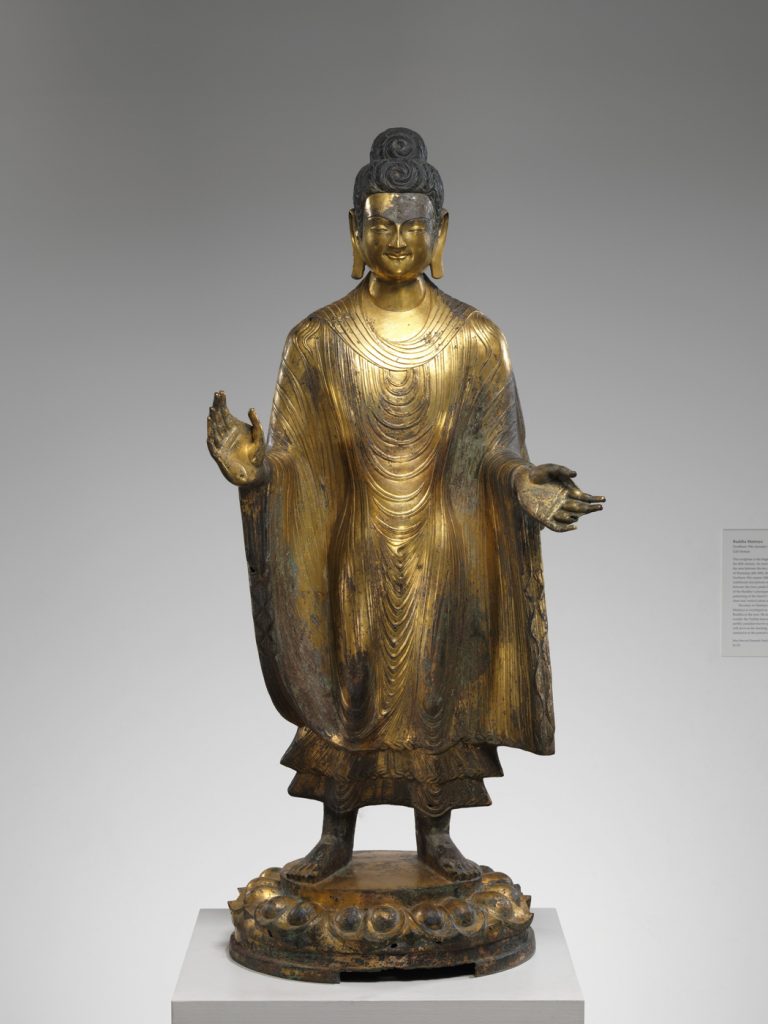Surprisingly, Buddha is a word not often used in the earliest texts of the Buddhist tradition. The historical person who started it all is more often referred to as Gotama or Gautama, as a wandering sage; Bhagava is the honorific used by his followers; and Tathagata is a term he invents to refer to himself. The title Buddha, which has been rendered as Awakened One or Enlightened One, is increasingly favored as the tradition develops and matures.
The root from which the word derives (√budh) can mean “to wake” or “to know” and can be used in ordinary discourse for awakening from sleep. But since waking from a dream is not a metaphor commonly used in Buddhist teachings, the second sense more appropriately describes becoming illuminated with insight or wisdom. The word “enlightenment” works well, as long as we recognize that it denotes not an external light shining down but an inner light of understanding that arises from within. As the historical Buddha is said to have declared of his own experience, “ignorance was banished, and knowledge arose; darkness was banished, and light arose.”
The early tradition emphasizes the uniqueness of the historical Buddha, as the one who becomes enlightened by his own efforts and goes on to teach others how to accomplish the same task. As the conceptual landscape of the tradition evolves, we hear of “silent buddhas,” who were also enlightened but chose not to teach, a lineage of previous buddhas (six on one list and an additional eighteen on another) and a future Buddha yet to come (Maitreya).
With the emergence of the Mahayana movement some centuries later, the vision of what it means to be a buddha expands dramatically. Buddhahood itself becomes a principle permeating the entire cosmos, with a radiant buddha at its center, buddhas spreading out in every direction, and an uncountable number of buddhas populating every world system.
From this perspective, the historical Sage of the Sakyas (Sakyamuni) is seen as only one of many buddhas tapping into a timeless transcendent wisdom. The goal of clearing the mind of delusion in this lifetime by becoming an arahant, as his early followers did, is elevated to the aspiration, driven by compassion, that all sentient beings become enlightened buddhas, however many eons it might take.
This is possible because each of us has an embryonic buddha, or buddhanature, residing deep in the heart, awaiting to awaken and become enlightened.
Thank you for subscribing to Tricycle! As a nonprofit, we depend on readers like you to keep Buddhist teachings and practices widely available.
